Product
Ritalin 10mg
$150.00 – $1,422.00Price range: $150.00 through $1,422.00
Quantity
Choose an option
What Is Ritalin 10mg?
Ritalin 10mg is a type of medicine that helps people focus and stay alert. It is often used to treat conditions like Attention Deficit Hyperactivity Disorder (ADHD) and narcolepsy. ADHD is a condition where people find it hard to pay attention or control their energy levels. Narcolepsy makes people feel very sleepy during the day or fall asleep suddenly.
The main ingredient in Ritalin 10mg is methylphenidate. It works by affecting certain chemicals in the brain to improve focus, attention, and self-control.
How Does Ritalin 10mg Work?
Ritalin 10mg helps increase the activity of chemicals in the brain, like dopamine and norepinephrine. These chemicals are important for controlling attention and behavior. By balancing these chemicals, Ritalin helps people feel more focused and less restless.
Who Can Take Ritalin 10mg?
Doctors prescribe Ritalin 10mg to children, teenagers, and adults who have ADHD or narcolepsy. It’s important that a doctor checks if Ritalin is the right medicine for you before you start taking it.
How Do You Take Ritalin 10mg?
Ritalin 10mg is a small pill that you swallow with water. It is usually taken once or twice a day, as prescribed by your doctor. It’s best to take it in the morning or early afternoon to avoid trouble sleeping at night.
Possible Side Effects
Like all medicines, Ritalin 10mg can have side effects. Some common ones include:
- Feeling nervous or anxious
- Trouble sleeping
- Stomach ache or nausea
- Headache
- Loss of appetite
If the side effects are serious or don’t go away, it’s important to tell your doctor.
Is Ritalin 10mg Safe?
Ritalin 10mg is safe when taken exactly as prescribed by a doctor. However, it can be dangerous if misused or taken without a prescription. Some people might misuse Ritalin to stay awake or improve performance, but this can lead to health problems.
Important Tips
- Always follow your doctor’s instructions when taking Ritalin 10mg.
- Don’t share your medicine with anyone, even if they have similar symptoms.
- Keep it in a safe place, away from children or anyone it’s not prescribed for.
Conclusion
Ritalin 10mg can be a helpful medicine for people with ADHD or narcolepsy. It improves focus and helps manage symptoms. However, it’s important to take it responsibly and under a doctor’s supervision. If you think Ritalin might help you, talk to a healthcare professional for advice.
Additional Information
| Quantity | 30 pills, 60 pills, 120 pills, 180 pills, 360 pills, 500 pills, 1000 pills |
|---|
20 reviews for Ritalin 10mg
Add a review Cancel reply
Related products
SaleHot
Vicodin
Rated 5.00 out of 5
(20)
$140.00 – $2,400.00Price range: $140.00 through $2,400.00
Select options
This product has multiple variants. The options may be chosen on the product page
SaleHot
Arymo ER 15 mg
Rated 5.00 out of 5
(20)
$150.00 – $1,400.00Price range: $150.00 through $1,400.00
Select options
This product has multiple variants. The options may be chosen on the product page
SaleHot
Oxycodone 30mg
Rated 5.00 out of 5
(20)
$150.00 – $1,200.00Price range: $150.00 through $1,200.00
Select options
This product has multiple variants. The options may be chosen on the product page
SaleHot
Darvocet (Dextropropoxyphene) 100 mg
Rated 5.00 out of 5
(21)
$300.00 – $1,000.00Price range: $300.00 through $1,000.00
Select options
This product has multiple variants. The options may be chosen on the product page
SaleHot
Subutex
Rated 5.00 out of 5
(20)
$220.00 – $1,000.00Price range: $220.00 through $1,000.00
Select options
This product has multiple variants. The options may be chosen on the product page
SaleHot
Adderall 20mg (XR)
(0)
$140.00 – $750.00Price range: $140.00 through $750.00
Select options
This product has multiple variants. The options may be chosen on the product page
SaleHot
Ambien 10mg
Rated 5.00 out of 5
(20)
$130.00 – $320.00Price range: $130.00 through $320.00
Select options
This product has multiple variants. The options may be chosen on the product page
SaleHot
Vyvanse 70mg
Rated 5.00 out of 5
(20)
$250.00 – $900.00Price range: $250.00 through $900.00
Select options
This product has multiple variants. The options may be chosen on the product page


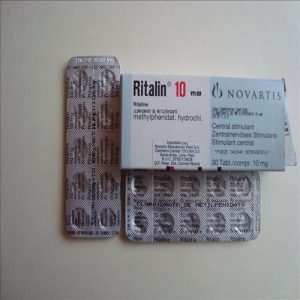

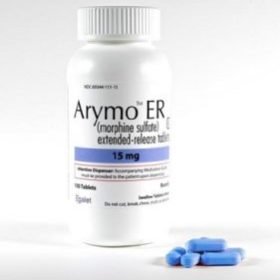
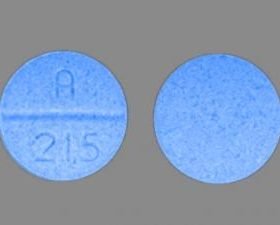


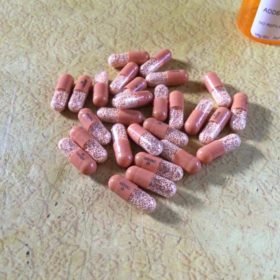
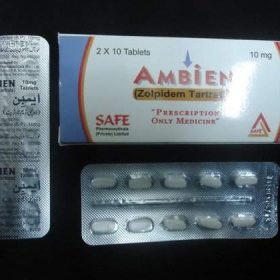
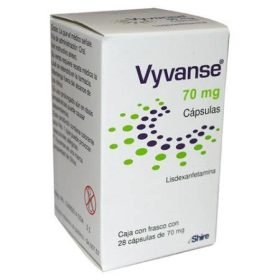
Katrine (verified owner) –
I want to say thanks to the support team for helping with my continuously silly questions, you’re the best!
Otilia (verified owner) –
This is the coolest thing I’ve found on here! Will keep using your products in the future!
Lewis (verified owner) –
Quite easy to use, nice design, surely will buy again
Cornelius (verified owner) –
The first time I got the urges to leave a comment, but this is simply a top-notch thing you can find.
Hazel (verified owner) –
Good response from the support.
Columbus (verified owner) –
I think this is amazing. Lots of features and customizable from every point of view. The few times I asked for help in support they were competent, fast and above all very patient. Really recommend
Kathleen (verified owner) –
Quite easy to use, nice design, surely will buy again
Glenna (verified owner) –
I’m caught 🙂 Find my love and will never buy in any other shop.
Patricia (verified owner) –
Been using it for a while, I usually don’t write a review but this time I am truly convinced to write.
Kirsten (verified owner) –
I received a personalized and attentive treatment. Thanks to this deal, I was able to find a solution to my problem in a short time. 🙂
Cydney (verified owner) –
It’s far better than those similar products, while the price is still acceptable.
Perry (verified owner) –
I like this item and also the customer service of them.
Roxanne (verified owner) –
An awesome product with great flexibility. The customer support is superb. I recommend this without any doubt.
Karlie (verified owner) –
I rarely leave a comment, but this item is beyond worth it! Gotta let you guys know!
Grant (verified owner) –
Been using it for a while, I usually don’t write a review but this time I am truly convinced to write.
Janelle (verified owner) –
I think this is amazing. Lots of features and customizable from every point of view. The few times I asked for help in support they were competent, fast and above all very patient. Really recommend
Kaley (verified owner) –
Been using a lot of items, this one is obviously the best
Bettye (verified owner) –
I rarely leave a comment, but this item is beyond worth it! Gotta let you guys know!
Lempi (verified owner) –
I think this is amazing. Lots of features and customizable from every point of view. The few times I asked for help in support they were competent, fast and above all very patient. Really recommend
Audra (verified owner) –
Wished I had found this sooner, it took me a lot of money and time until I found my dream product here!